The computing technology revolution has undergone a major change: instead of faster and more sophisticated CPUs, chips with thousands of simpler cores and graphical processing units (GPUs) are being built. This requires a change in the programming paradigm if the algorithms used in scientific applications are to take advantage of the larger number of cores and harvest the power of modern computers.
CaSToRC is leading the development of codes for many-core chips in applications of relevance to CyI and Cyprus such as climate change studies, computational chemistry, fundamental physics etc. Many-core chips, with hundreds of simple cores on the chip, have been shown to be attractive for a number of technical computing applications, with performance increases of more than 100 times being obtained in some compute-intensive applications. Related research interests in this area include parallel programming environments and software tools to facilitate the development of scalable, parallel applications.
CaSToRC mainly carries out research in the following fields of computational sciences.
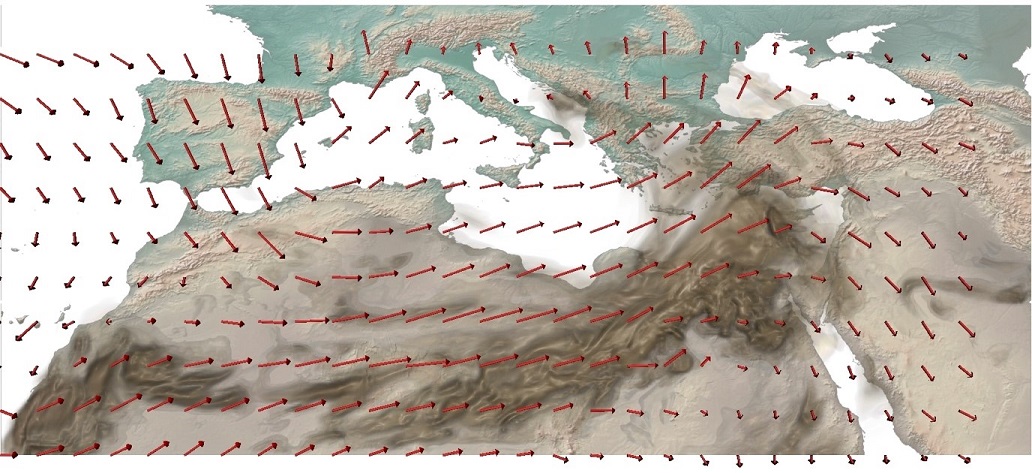 |
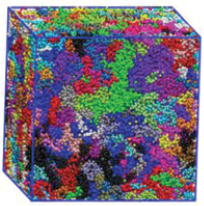 |
|
|
|
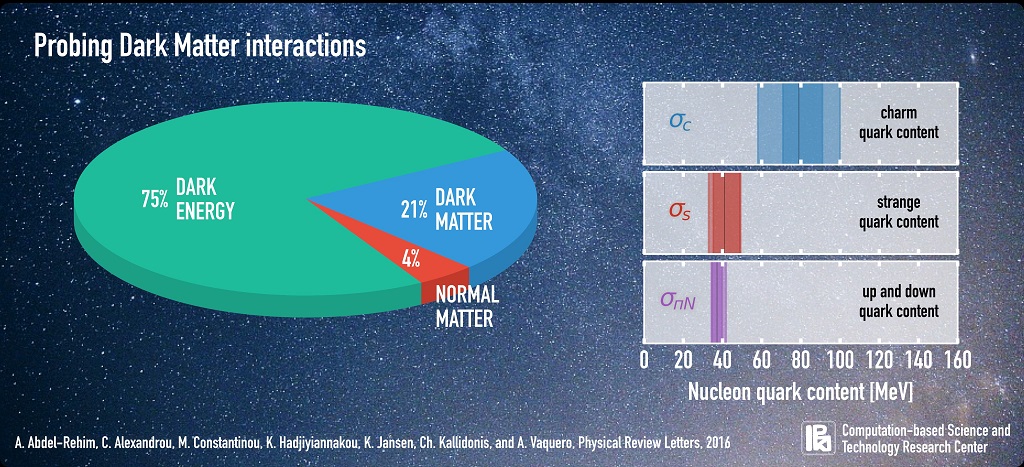 |
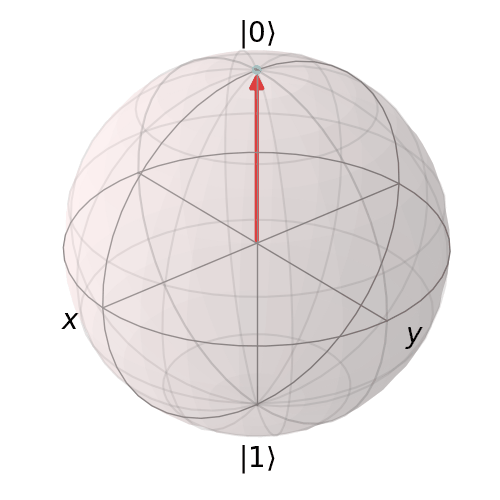 |
|
|
|
An additional area of research interest is in the development of techniques for “data intensive” computing where the sheer volume of data is the major performance issue, such as in remote sensing and sensor networks, high-throughput chemistry and biology, or large collections of text and other artifacts. The creation of Climate and Cultural Heritage data repositories is being advanced in CaSToRC. The processing of data that will be produced by the SESAME facility, where Cyprus is a member country, is also being supported by CaSToRC.

